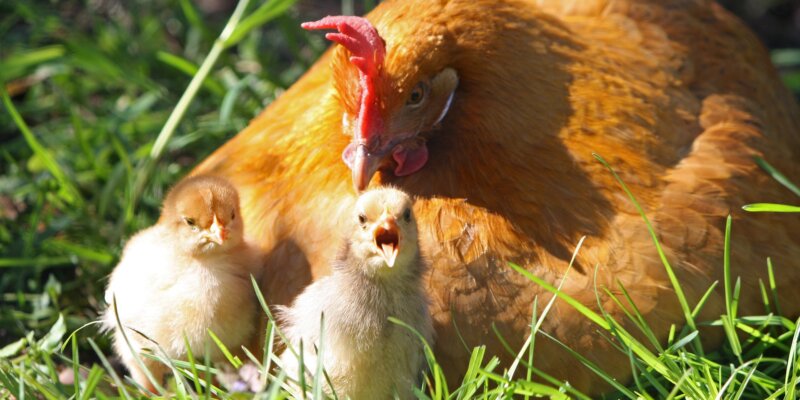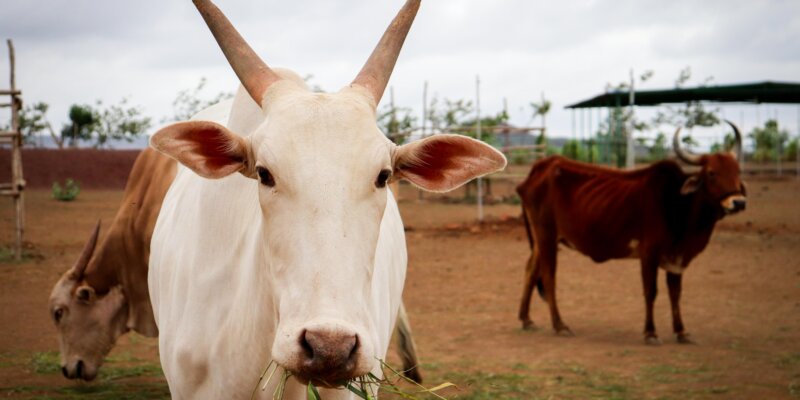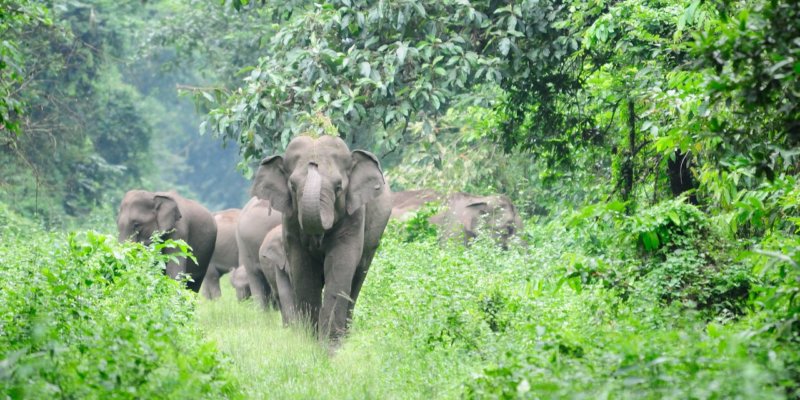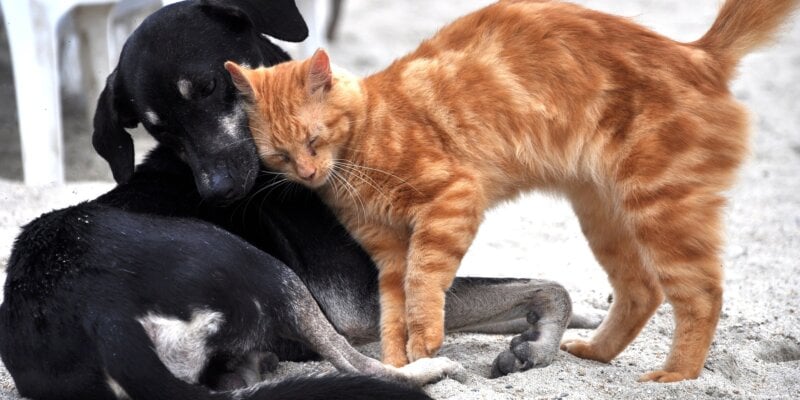Chengalpattu Forest Department Seizes Illegally Held Parakeets Following PETA India Complaint
For Immediate Release:
7 July 2022
Chennai – Acting on a complaint by People for the Ethical Treatment of Animals (PETA) India, the Chengalpattu forest department seized seven parakeets from seven fortune-tellers in the Thiruporur forest range in a special raid conducted on Tuesday. The fortune-tellers were illegally keeping the birds in tiny cages. The officials registered a preliminary offence report under Sections 9, 39, and 51 of the Wild Life Protection Act (WPA), 1972, and apprehended the fortune-tellers. Parakeets are protected under the WPA, 1972, and capturing and keeping them is a punishable offence.
Comedian Sunil Grover had posted a reel of a fortune-teller with a parakeet on Instagram, and PETA India swung into action, working alongside the forest department to rescue the birds and apprehend the fortune-tellers. PETA India awarded the department with a Hero to Animals Award in April to thank it for rescuing four parrots – who were being illegally sold online for astrology scams – and for aiding in the arrest of two men who were allegedly involved.
“PETA India commends the Chengalpattu forest department for saving these beautiful parakeets, who should never have been caught and who deserve to fly free again. Buying, selling, or caging parakeets is illegal and can result in a jail term of up to three years or a fine of up to Rs 25,000 or both,” says Meet Ashar, PETA India’s manager of cruelty response projects. “Caged birds have nothing to sing about. Birds belong in the sky, never in cages, and we urge anyone who is keeping a bird in this way to surrender them to a local forest department or an animal protection group for rehabilitation and to be reunited with a flock.”
In the illegal bird trade, countless birds are torn away from their families and denied everything that is natural and important to them so that they can be sold as “pets” or bogus “fortune-tellers”. Fledglings are often snatched from their nests, while other birds panic as they’re caught in traps or nets that can seriously injure or kill them as they struggle to break free. Captured birds are packed into small boxes, and an estimated 60% of them die in transit from broken wings and legs, thirst, or sheer panic. Those who survive face a bleak, lonely life in captivity, suffering from malnutrition, loneliness, depression, and stress.
PETA India – whose motto reads, in part, that “animals are not ours to abuse in any way” – opposes speciesism, a human-supremacist worldview, and advises anyone who has a bird they would like to set free to do so only by working with a local forest department or an animal protection group. For more information, please visit PETAIndia.com or follow the group on Twitter, Facebook, or Instagram.
#













